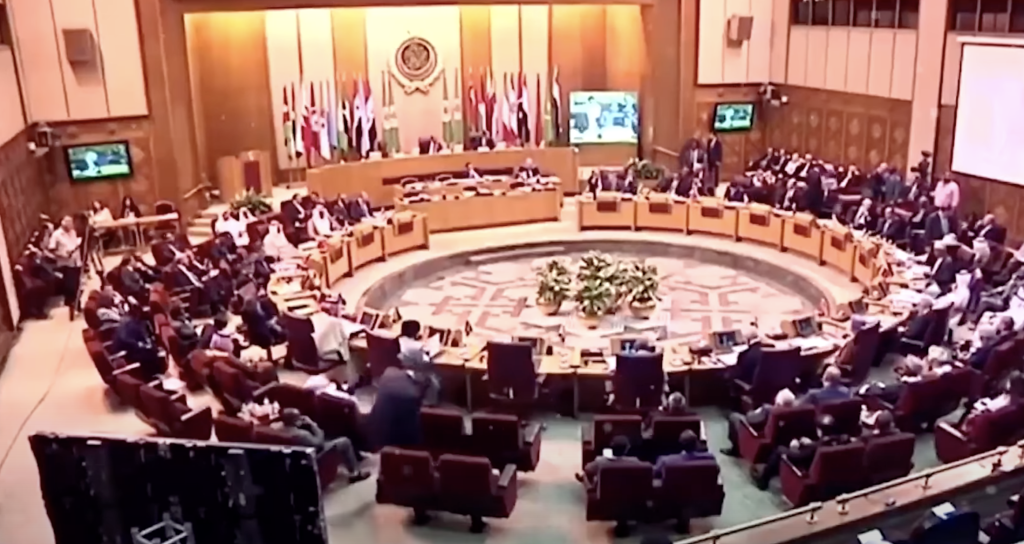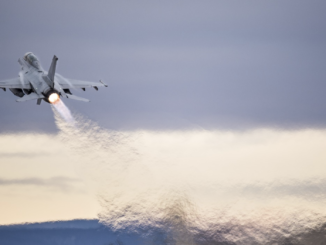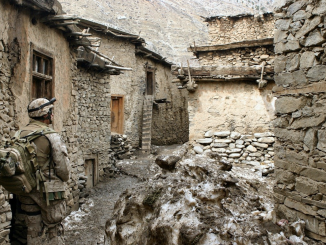
Regional groupings such as common markets are a salient feature of the contemporary international economic system. This essay argues the need for greater economic co-operation between Muslim states which, over time, would result in a common market for the Muslim world.
The emergence of contemporary regional groupings in the international economic system is largely a product of the post-World War II period. The disarray of the world economic system caused by the major destruction of production facilities and the disruption of established trade patterns during the war, in addition to the desire to eliminate traditional national rivalries and antagonisms, gave a strong impetus to form integrative regimes on a regional level as a deterrent against military aggression and an instrument of economic growth and development.
Moreover, since the demise of Communism, the advancement of the political agenda and foreign policy of states has become increasingly subservient to economic and trade interests. It would, therefore, be accurate to note that the interests of different states are ever more dependent on economic factors, the latter having likewise contributed to the emergence of regional economic groupings that have become a key feature of the international economic system over time.
A common market is an example of a regional economic grouping. By definition, a common market is a high-level economic arrangement wherein participant member states agree to abolish all tariffs on exports from other member states, follow a common tariff policy towards their imports from the rest of the world and allow the free flow of commodities in addition to productive factors: capital, labour, entrepreneurs and technology within the common market, as they would freely move around within a single state. Hence, various obstructions of national borders and trade barriers are removed which states would otherwise be subject to.
The benefits of a common market are not limited to the state level but are of considerable benefit to businesses and citizens too. A common market allows free movement for citizens between states so that they can move, live, study, work and retire in the territory of any participating member state of the common market. Businesses also have access to more consumers in a wider market and, consequently, consumers enjoyed products and goods from all participating states.
Importantly, the notion of a common market comprised of Muslim states is by no means a recent innovation. The idea was advocated at the Second Islamic Summit Conference in 1974 which was attended by ten heads of Muslim states and a high-level delegation from another fourteen Muslim states. At the summit, the participating states mutually agreed that the establishment of a common market could at best serve as a long-term objective for which the participating states could aim to achieve over time. The calls for establishing a common market of Muslim states have been repeated various times since. In 1997, the Eighth Islamic Summit held in Tehran reaffirmed the necessity of a common market of Muslim states which would effectively be a profound step towards strengthening Muslim solidarity. Also, the Joint Declaration adopted at the Extraordinary Meeting of OIC heads of states in Makkah (2005) identified the economic challenge as the cornerstone to be able to address the political issues that are facing the Muslim world at large.
Practically, however, a common market requires the merging and amalgamation of the varying economic systems of participating member states to achieve the aim of a common market. This could prove to be a difficult step at present, given the current political climate and ideological differences between potential participating member states; hence, the unification of diverse economic systems would prove to be substantially more difficult in practice than in theory.
The prospect of achieving a common market in the long-term could be boosted if economic, agricultural and industrial co-operation is established and strengthened on a regional basis. This would start as a basis of deepening economic co-operation between participating states which would evolve to form a common market between individual regional groupings. A major hurdle here lies in the requirement of political will to engage in further regional economic co-operation, albeit on a lesser scale than the formation of a common market without going through a process of deepening economic co-operation over a longer time-frame.
The current international trade system permits WTO members to form regional FTAs (Free Trade Areas) under Article XXIV of the GATT, so long as certain conditions are met. An FTA is formed when a collective group of states agrees not to impose tariffs or quotas on trade in goods between them, with the potential of the arrangement to extend to some liberalisation of trade in services. However, most FTAs do not provide for the free movement of individuals between participating states. Essentially, the establishment and consequential strengthening of regional economic co-operation would enhance the possibility of a merging of various FTA’s over time into an eventual common market between participating member states.
Although the task of forming a common market of Muslim states is formidable and may seem a step too far at this stage due to the demands of substantial economic integration, the potential of regional FTAs nevertheless mitigates the problems that could arise from the integration of diverse economic systems in less time by allowing for a steady amalgamation of economic systems at a reduced yet sustained pace. Consequently, the establishment and strengthening of regional RTAs transform the dream of a common market of Muslim states into a reality that is to be witnessed in the coming years.
![]()




Be the first to comment